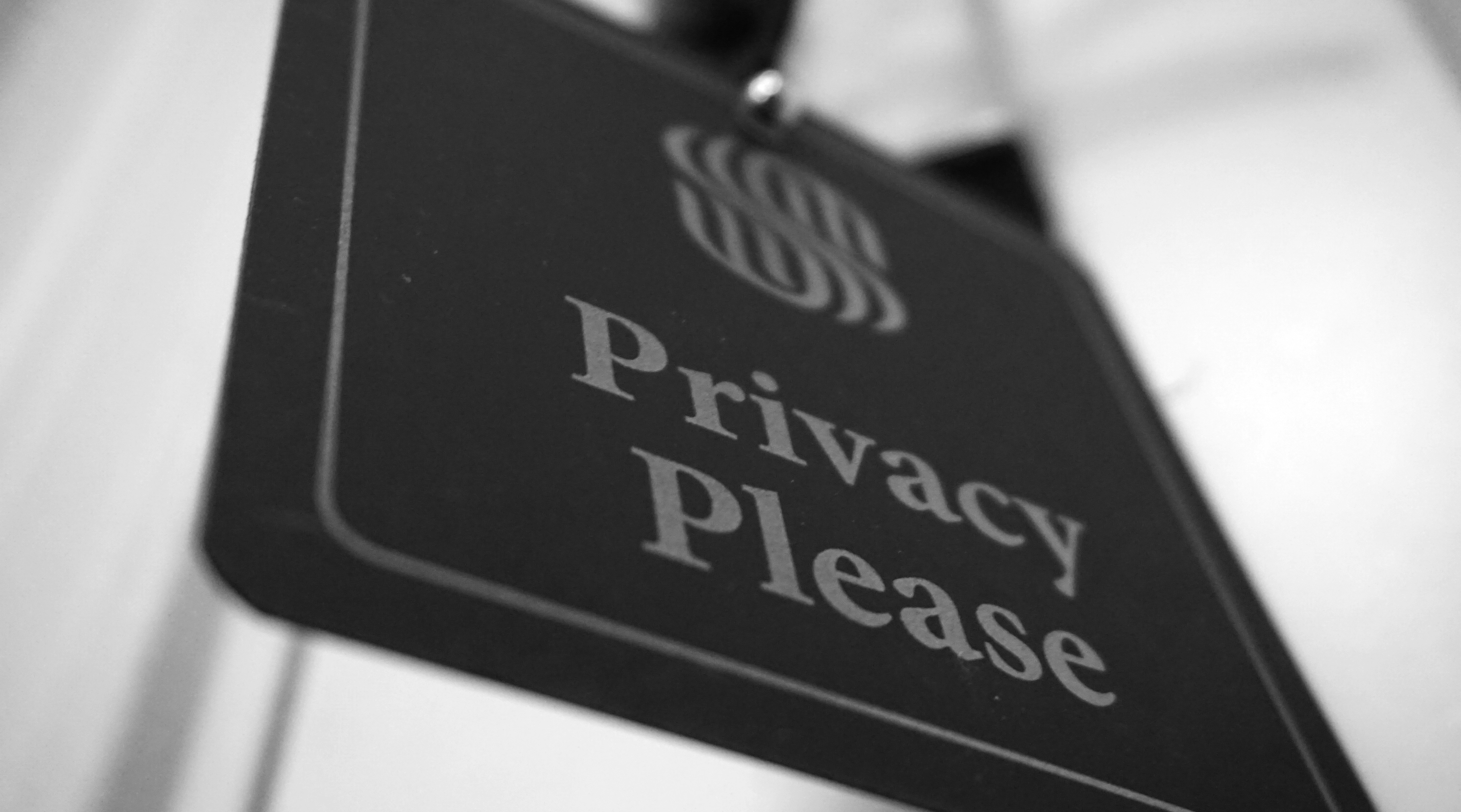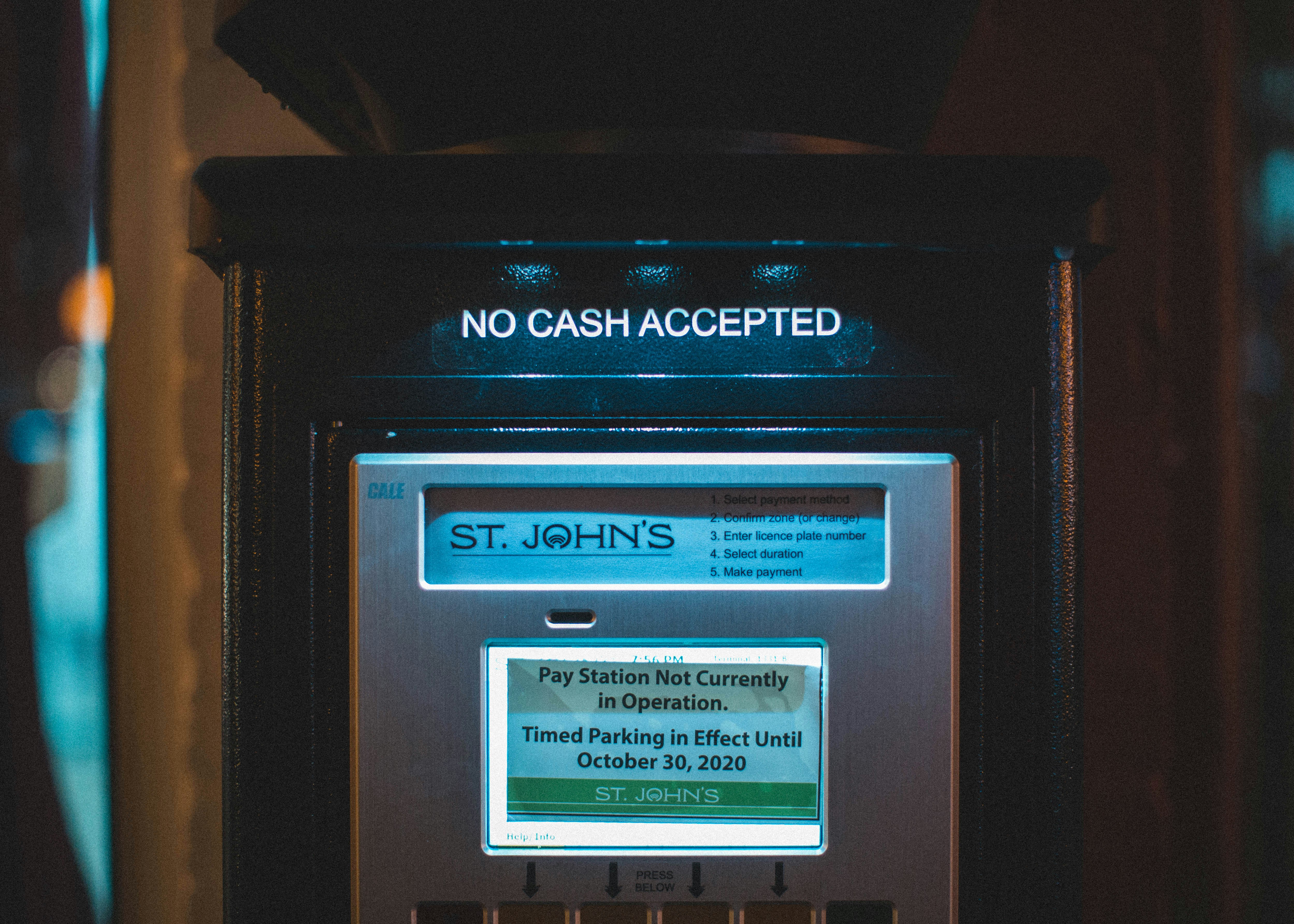Navigating Smart Contracts in Real Estate: A Secure Guide
In today's evolving real estate landscape, navigating the complexities of transactions can feel like wandering through a confusing maze. Smart contracts, with their promise of security and efficiency, have emerged as game-changing tools for buyers, sellers, and agents alike. This guide delves into how to utilize smart contracts in real estate, ensuring secure transactions and effective dispute resolution. Whether you’re a first-time homebuyer, an experienced investor, or a real estate professional, understanding these legal implications could set you miles ahead in your journey.
Understanding Smart Contracts: The New Frontier in Real Estate
Smart contracts are self-executing contracts where the terms of the agreement are directly written into code. As blockchain technology enhances the real estate sector, these contracts have surfaced as reliable alternatives to traditional deals. Imagine a contract that executes actions like transferring ownership or releasing funds automatically, without human intervention. These contracts operate on the basis of “if-then” statements, providing not only efficiency but also reducing the risk of human error.
For instance, if you were to sell a property, the smart contract could automatically transfer ownership to the buyer once payment is received, ensuring both parties meet their obligations without delay or any potential disputes. This shift is akin to transitioning from a typewriter to a word processor—once you experience the efficiency, there’s no going back.
Advantages of Using Smart Contracts in Real Estate Transactions
-
Transparency and Trustworthiness: Smart contracts live on blockchain technology, creating an unchangeable record of the transaction. This means that every action, from initiation to completion, is visible and traceable, building trust among all parties involved.
-
Cost Reduction: By eliminating the need for intermediaries like lawyers or agents to monitor the contract's execution, smart contracts could significantly cut down transaction costs.
-
Speed: Transactions can be executed almost instantly, as smart contracts eliminate the slowdowns associated with paperwork and human process involvement.
-
Security: The inherent security of blockchain ensures that the agreements cannot be tampered with. This limits the likelihood of fraud, guaranteeing that all parties uphold their contractual obligations.
-
Innovation in Dispute Resolution: Smart contracts allow for pre-agreed dispute resolution methods to be embedded into the contract itself. If a disagreement arises, the smart contract can automatically initiate the resolution process, keeping both parties accountable.
Key Considerations When Implementing Smart Contracts
While the benefits are significant, homeowners and investors have to approach the implementation of smart contracts with caution:
Understanding Legal Frameworks
As much as smart contracts are an innovation in managing transactions, legal frameworks worldwide are still playing catch-up. Laws regarding blockchain, digital signatures, and electronic contracts vary widely from country to country. Consulting with legal experts who specialize in technology and real estate, such as those who contributed to legal frameworks for AI, will ensure compliance with the applicable laws in your jurisdiction.
Technological Barriers
Not all parties involved in a transaction may be well-versed in technological processes. It’s crucial to ensure that all parties share an understanding of how smart contracts work to avoid miscommunication and potential disputes.
Data Privacy Concerns
As transactions and ownership records are stored on a public ledger, data privacy becomes a concern. Engaging the right cybersecurity measures is essential to safeguard personal information and transactional data.
Real Estate Platforms Offering Smart Contracts
Several platforms have emerged for real estate transactions utilizing smart contracts. Familiarizing yourself with these tools, and their functionalities can save both time and effort.
Bringing Smart Contracts to Life: Real-World Examples
Example 1: Automated Transactions
Imagine you want to buy a house using a smart contract. Here’s how it could work: Upon agreement between the parties, a smart contract is created. This contract includes terms like the price, inspection date, and conditions under which the transaction would proceed. Once the buyer makes a payment, the smart contract verifies the funds and automatically transfers the property deed.
Example 2: Rental Agreements
Smart contracts can also revolutionize rental agreements. Consider a tenant who pays their rent through a smart contract. The agreement can stipulate that if rent is not paid by a certain date, the tenant may incur late fees or even be removed from the property without a landlord needing to engage in time-consuming eviction procedures.
Dispute Resolution in Smart Contracts
Despite the efficiency of smart contracts, disputes can still arise. With traditional contracts, disputants can head to court; but with smart contracts, resolution can be coded directly into the agreement.
Automated Legal Processes
Imagine a scenario where a buyer feels the property was misrepresented by the seller. This dispute can be addressed through an online arbitration platform coded within the smart contract. The system can evaluate the claims based on the terms set forth in the contract and then direct the funds to the correct party according to pre-defined conditions.
Key Legal Implications of Smart Contracts for Consumers and Investors
For anyone diving into the world of smart contracts, comprehending the legal implications is essential:
1. Enforceability
Smart contracts must adhere to the same principles of contract law as traditional contracts. This includes elements such as offer, acceptance, consideration, and intention to create legal relations. Therefore, proper drafting is critical to ensure enforceability under local laws.
2. Liability
Understanding who holds liability in the event of a breach is essential. Is the liability on the platform? The developer? The parties? This question is vital for anyone looking to engage in smart contract transactions.
3. Consumer Protection
Smart contracts provide little in the way of traditional consumer protections. This could pose a risk when investing in real estate, as consumers may not have the same recourse they would with traditional contracts.
The Future of Smart Contracts in Real Estate
As we move closer to an increasingly digital society, real estate transactions are expected to shift even further towards automation. Advances in technology will likely strengthen the role of smart contracts, but it is contingent on evolving legal standards that can accommodate and support this transformation.
Complementary Technologies
To enhance contract security an array of technologies could integrate with smart contracts, including Artificial Intelligence (AI) and Internet of Things (IoT). By utilizing these tools, property assessments could be done without bias, contracts could be tailored in real-time during negotiations, and transaction authenticity could be verified instantly.
Societal Shifts
The way we buy, sell, and rent real estate could undergo a transformative change as younger generations who are accustomed to technology begin to dominate the housing market.
Final Thoughts on Smart Contracts in Real Estate
For real estate market participants, smart contracts represent a significant technological shift that promises both efficiency and security. Educating oneself about the advantages, risks, and implications tied to these contracts is not only prudent but necessary for a successful real estate transaction.
By navigating the complexities of smart contracts now, you’ll be firmly positioned at the forefront of real estate innovation. Embrace this opportunity—familiarize yourself with the tools and expertise, like blockchain in real estate or how to incorporate legal frameworks for effective smart contracts—and step boldly into this new era of real estate.












